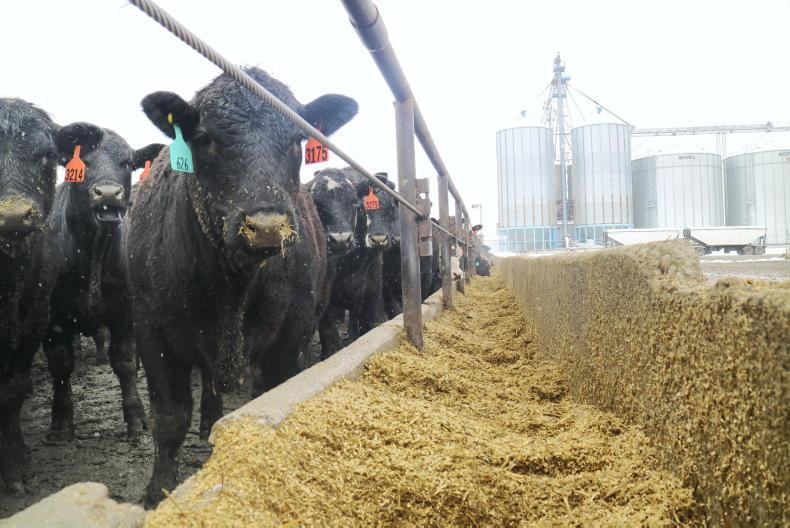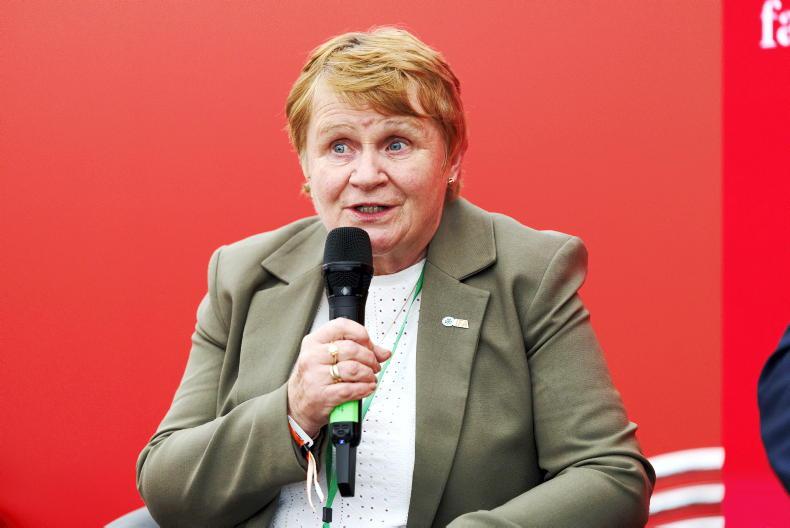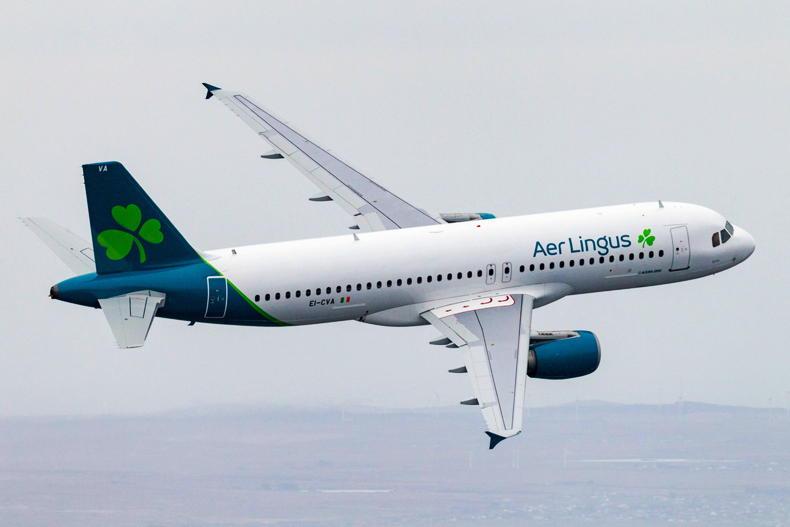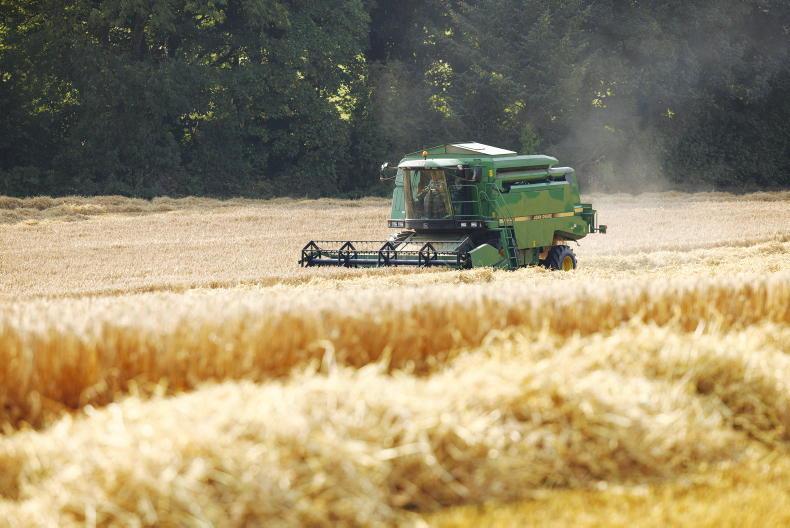The negotiation of a free-trade agreement (FTA) between the EU and UK has overshadowed a spat between the opposition in the Government in the Dáil recently about approving the Comprehensive Economic and Trade Agreement (CETA) between the EU and Canada.
It has been approved by the EU institutions since February 2017 when the Parliament voted its approval and has been operating in the EU provisionally since then. It requires ratification by all member states to fully come into operation.
It has given the Canadians a generous beef quota of over 45,000t
CETA is an agreement that presents something of a dilemma for Irish agriculture though it benefits all other economic sectors of the Irish economy. It has given the Canadians a generous beef quota of over 45,000t though it has also given reciprocal access to Canadian markets for EU exports.
It has been operational on a provisional basis for three years now and as well as opposition in Ireland and across the EU, there is also dissatisfaction in the Canadian Cattleman’s Association at the small amount of beef they are managing to sell to the EU. This is because most Canadian farmers have chosen not to give up the use of growth-promoting hormones which is part of the criteria required for approval to export to the EU.
Volumes traded
With the agreement now operational for three years, we can see trade patterns emerging for EU beef imports and exports to and from Canada. In 2018, the EU imported 1,343t of beef from Canada, increasing to 2,518t in 2019 and falling back to 1,031t in 2020 up to the end of October. Exports of EU beef on the other hand have been steadily growing from 2,225t in 2018 to 6,806t in 2019 and increasing again to 17,764t in 2020 up to the end of October.
In 2018, 14 624t of EU cheese was imported by Canada
Canada is regarded as particularly protective of its dairy market and CETA did secure an increase in cheese quota from 13,500t to 32,000t annually.
Canadian imports of EU cheese have increased progressively over the past three years.
In 2018, 14 624t of EU cheese was imported by Canada, rising to 16,790t in 2019 and this year 20,337t to the end of October.
So is CETA working for farmers?
Based purely on the volumes and trade balance so far between the EU and Canada, it seems that EU farmers have benefited. However, it has to be remembered that in the context of overall EU production, volumes of both beef and cheese exported to Canada are tiny. It is the EU’s 10th largest market for cheese in 2020, just ahead of Morocco, while it is the 12th largest destination for beef exports.
Canada is 10th in the table of countries that export beef to the EU in a market where 80% of all EU beef imports come from Brazil, Argentina and Uruguay.
Judged purely on the volumes of agricultural produce traded between the EU and Canada since CETA came into effect provisionally, the effect of the deal has been positive for EU exporters. The EU beef market hasn’t been flooded with supplies of Canadian beef and it is interesting that Canadian beef producers want their government to have a more robust engagement with the UK when it comes to the negotiation of a bespoke UK-Canada trade deal to replace CETA which has been rolled over on an interim basis.
Canadian producers aren’t at present choosing to forsake hormones to export to the EU but there is no guarantee of what happens in future
The fact remains that the EU granted an extremely generous import quota of over 45,000t for beef, the most sensitive product for the EU, compared to securing 32,000t on cheese, a sensitive product for Canada. Canadian producers aren’t at present choosing to forsake hormones to export to the EU but there is no guarantee of what happens in future. What is obvious is that CETA doesn’t present the same threat to Irish and EU farmers as Mercosur with 99,000t extra quota to a group of countries that already supply 80% of total EU beef imports. With the current uncertainty caused by Brexit, Irish farmers would prefer no EU beef imports. However, we have also to remember that as a country that exports 90% of our production, we have to embrace trade.









SHARING OPTIONS